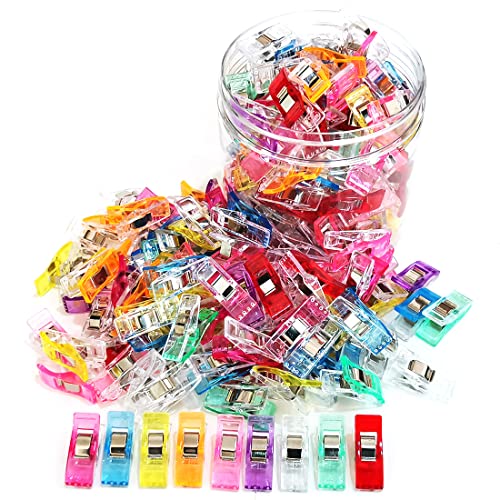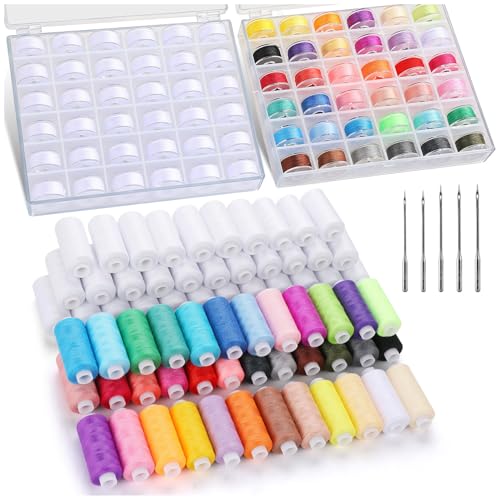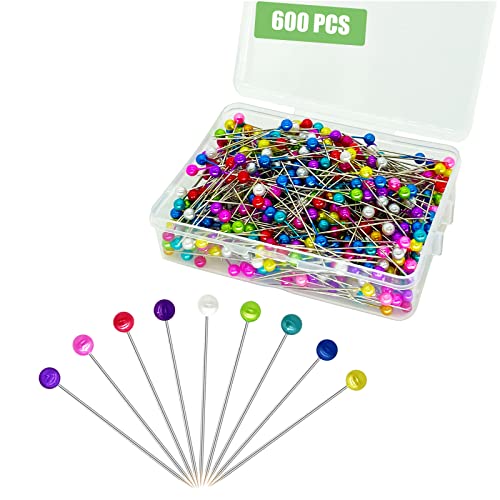Ever found yourself staring at a wall of sewing machine needles, wondering if any of them will fit your trusty machine? You’re not alone. Many sewing enthusiasts, both newbies and seasoned pros, often ask if sewing machine needles are universal. It’s a common question that can make or break your next project.
Understanding the compatibility of sewing machine needles can save you time, money, and a lot of frustration. Whether you’re tackling your first quilt or hemming a pair of jeans, the right needle can make all the difference. So, let’s dive into the world of sewing machine needles and clear up the confusion once and for all.
Understanding Sewing Machine Needles
Sewing machine needles aren’t universal. Each project and fabric requires a specific type of needle to achieve the best results.
Types of Sewing Machine Needles
Several types of sewing machine needles exist. Universal needles, for example, work on woven and knit fabrics but aren’t ideal for specialized tasks. Ballpoint needles, designed for knit fabrics, prevent fabric damage by pushing fibers aside. Sharp needles, better for woven fabrics and quilting, penetrate the fabric with precision. Jeans/Denim needles, featuring a thicker shaft, handle heavy fabrics like denim and canvas. Microtex needles, known for their thin, sharp precision, are suited for fine or delicate fabrics.
Compatibility and Specificity
Sewing machine needles vary by brand, model, and purpose. While some needles may fit various machines, using the recommended needle ensures optimal performance. Check your machine’s manual to confirm compatibility. Needle size matters too; larger needles suit thicker fabrics, while smaller needles are for lighter materials. Specific tasks, like embroidery, need specialized needles designed to prevent breakage and skipped stitches.
The Myth of Universal Needles
Many believe in the concept of universal needles, thinking a single type can handle all fabrics and projects. This isn’t entirely true. Understanding the specificities of needle types can greatly improve your sewing results.
Defining Universal Needles
Universal needles are considered the most versatile, with a slightly rounded point designed to handle woven and knit fabrics. These needles perform well in various sewing scenarios but aren’t specialized. They bridge the gap between ballpoint needles, which are for knits, and sharp needles, which are for tightly woven fabrics. Typically, sizes range from 60/8 to 120/19, accommodating different fabric weights to a certain extent. However, knowing their limitations is crucial.
Limitations of Universal Needles
Universal needles might not excel in all fabric types and tasks despite their versatility. When working with delicate fabrics like silk or intricate tasks like topstitching, you might notice skipped stitches or fabric damage. Materials like denim or leather require stronger, specialized needles to penetrate without breaking. Additionally, complex sewing projects, like embroidery, need needles designed to handle specific thread types and stitching techniques. Using the incorrect needle can result in frequent breakage, lower stitch quality, and potential machine damage.
Understanding these distinctions helps when selecting the right needle for your project, ensuring smooth sewing and beautiful outcomes.
Choosing the Right Needle for Your Sewing Machine
Selecting the appropriate needle is essential for successful sewing. The correct choice affects stitch quality and prevents fabric damage.
Factors to Consider
Fabric Type: Different fabrics require specific needles. For instance, use ballpoint needles for knits and sharp needles for woven fabrics.
Needle Size: Match the needle size to fabric thickness. Lightweight fabrics need smaller needles, while heavyweight materials need larger ones.
Thread Type: Ensure needle compatibility with the thread. For example, metallic threads work best with needles designed to prevent shredding.
Project Complexity: Choose specialized needles for complex tasks like embroidery to ensure precision and avoid breakage.
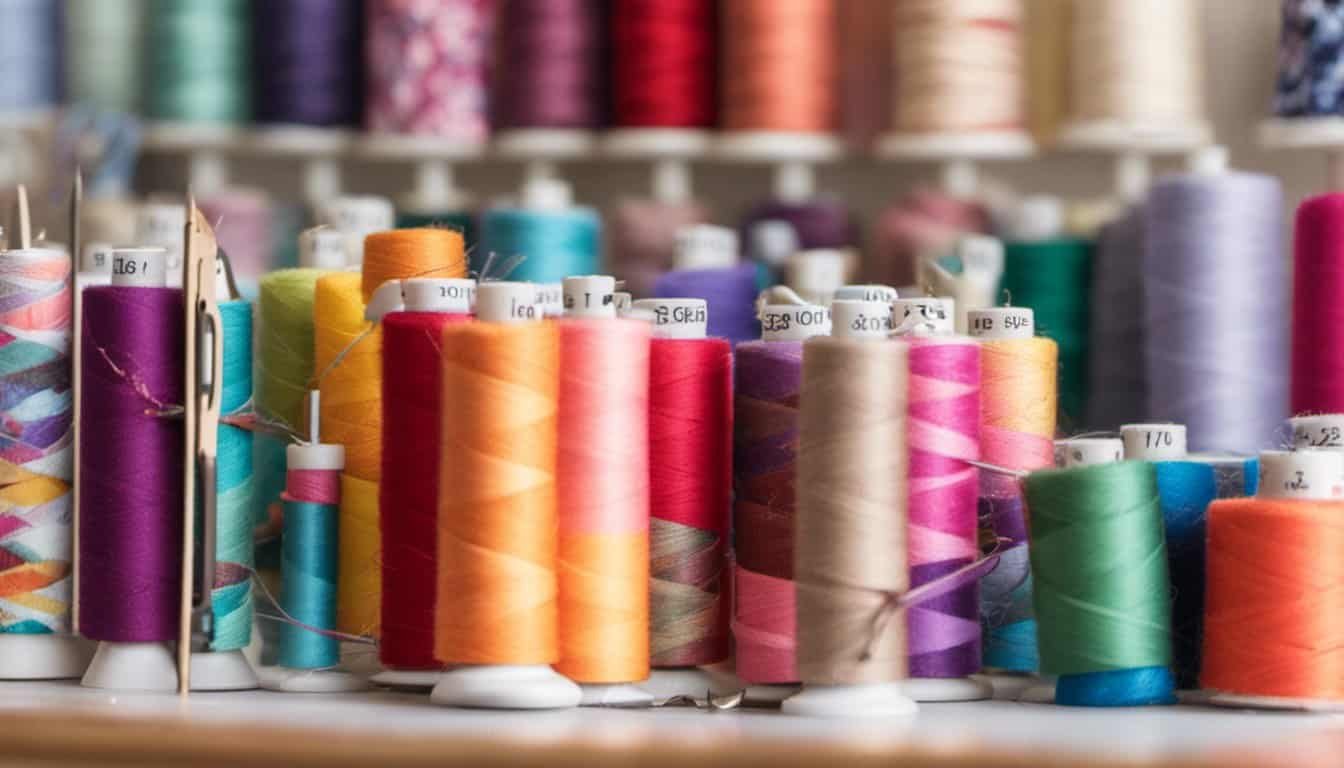
Machine Compatibility: Verify needle compatibility with your sewing machine brand and model. Check the manufacturer’s recommendations to avoid issues.
Recommendations for Common Fabrics
Cotton: Universal needles in sizes 80/12 or 90/14 work well with cotton fabrics. Use universal needles for broad applicability.
Denim: Denim or jeans needles in sizes 90/14 or 100/16 handle heavy-weight fabrics like denim. They have reinforced shafts for durability.
Knits: Ballpoint needles in sizes 70/10 or 80/12 prevent fabric snagging in knit fabrics. Their rounded tips slide between fibers without causing damage.
Silk: Microtex needles in sizes 60/8 or 70/10 are ideal for silk. They have fine points that pierce delicate fabrics cleanly.
« Can You Rent Sewing Machines? Discover the 5 Hidden Benefits You Never Knew
10 Surprising Substitutes for Sewing Machine Oil You Probably Have at Home »
Leather: Leather needles in sizes 90/14 or 100/16 are designed for leather and similar materials. They have cutting points to penetrate thick, non-woven materials.
Ensuring you’ve chosen the right needle for your fabric and project guarantees smoother sewing and higher quality results.
Caring for Your Sewing Needles
Taking care of your sewing needles ensures consistent performance and longevity. Proper needle care can significantly impact your sewing experience.
Maintenance Tips
Regularly clean your sewing needles to prevent residue buildup. Use a soft cloth or a cleaning solution, depending on the type of residue. Inspect needles before each project; look for imperfections like bends or burrs. Store needles in a dry place, ideally in a dedicated needle case to prevent damage. Label the case according to needle types for easy selection.
When to Replace Needles
Replace sewing needles after every 8-10 hours of sewing or when experiencing skipped stitches, fabric snags, or unusual noises. Using the appropriate needle type for each fabric prolongs needle life, but heavy fabrics like denim or multiple layers of fabric reduce needle lifespan. Always have spare needles on hand to avoid interruptions during your project.
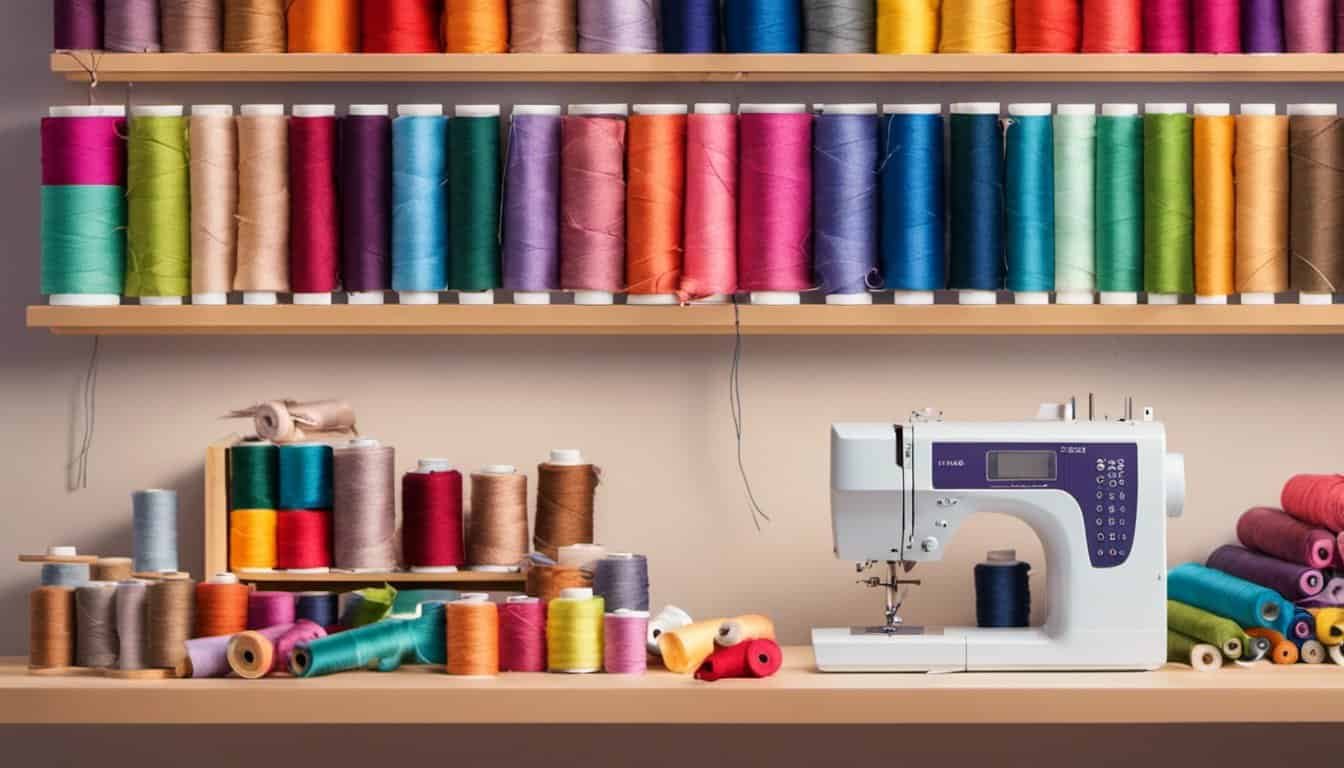
Conclusion
Choosing the right sewing machine needle can make all the difference in your sewing projects. By understanding the specific needs of your fabric and project, you’ll ensure smooth stitching and professional results. Remember to consider factors like fabric type, needle size, and machine compatibility. Regularly maintaining and replacing your needles will also keep your sewing machine running smoothly. Happy sewing!








